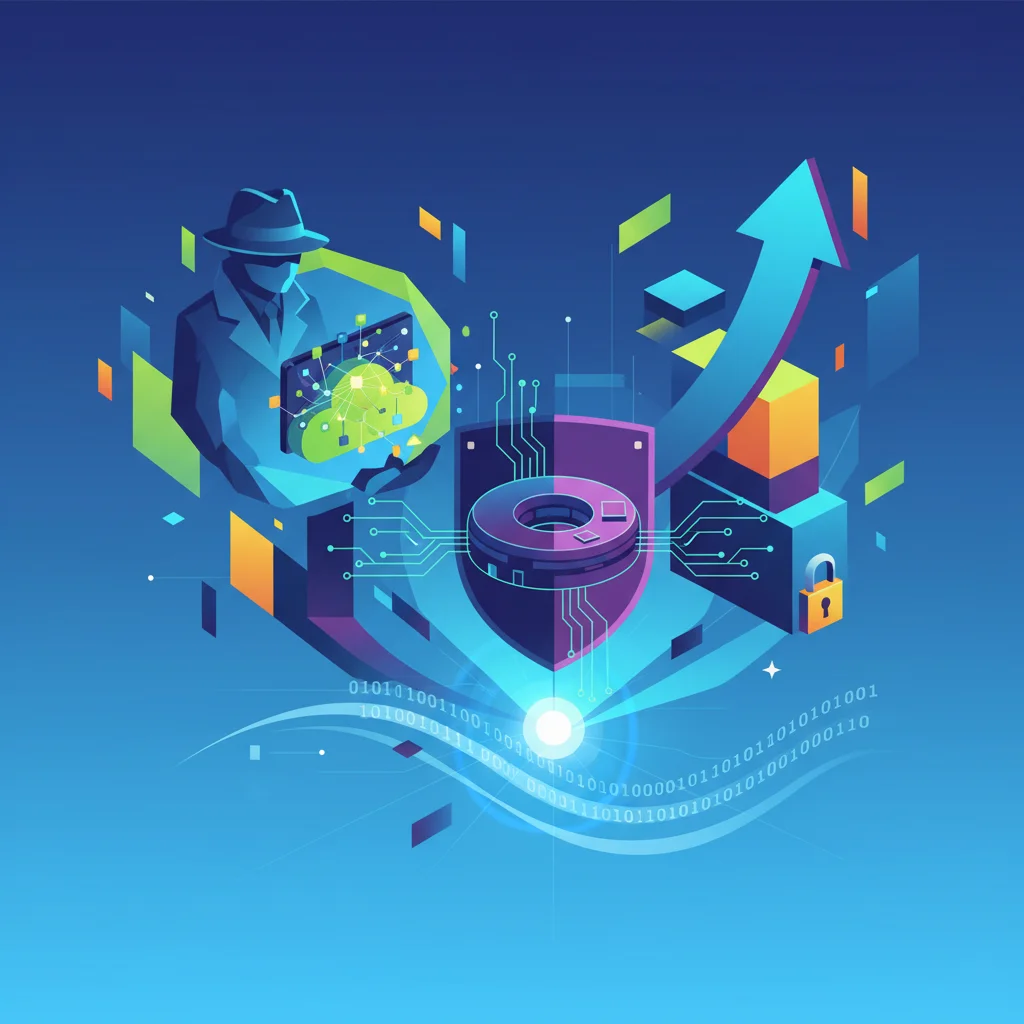
Spies, Startups, and Software: Why the UK’s GCHQ is Your New Cybersecurity Partner
The New Frontline in Cybersecurity Isn’t a Firewall—It’s a Partnership
Imagine this: the code you just pushed, the SaaS tool you integrated, or the cloud server you spun up becomes the entry point for a nation-state actor. Suddenly, your innovative startup isn’t just a business; it’s a stepping stone in a sophisticated attack on a national scale. This isn’t a scene from a spy thriller; it’s the stark reality of the modern digital landscape. The battlefield has shifted from physical borders to the sprawling, interconnected world of software, cloud infrastructure, and complex digital supply chains.
In response to this escalating threat, something unprecedented is happening. The traditionally secretive world of national intelligence is opening its doors to the private sector. The UK’s top security services are actively stepping up their collaboration with businesses, from multinational corporations to agile startups. A recent report from the Financial Times highlights this seismic shift, driven by fears of the immense economic damage that cyber-attacks can inflict. This isn’t just about protecting government secrets anymore; it’s about safeguarding the entire economic engine of the nation. For developers, entrepreneurs, and tech professionals, this new era of public-private partnership is both a critical warning and a massive opportunity.
Understanding the Evolving Threat: More Than Just a Virus
The term “cyber threat” has evolved dramatically. We’ve moved far beyond the mischievous viruses of the early internet. Today’s adversaries are sophisticated, well-funded, and patient. They include state-sponsored hacking groups and highly organized criminal enterprises running “Ransomware-as-a-Service” (RaaS) platforms.
Their primary target? The digital supply chain. Why attack a fortified castle head-on when you can sneak in through a third-party supplier? Attacks like the SolarWinds and Kaseya breaches demonstrated the catastrophic potential of this vector. By compromising a single piece of widely used software, attackers can gain access to thousands of organizations downstream. This is what keeps security chiefs awake at night—the fear that a vulnerability in a small, seemingly insignificant piece of code could bring critical services to a halt.
The director of GCHQ, Anne Keast-Butler, has described the current threat level as “unprecedented,” emphasizing the need for a unified defense. According to the NCSC, the UK’s public-facing cybersecurity arm,


